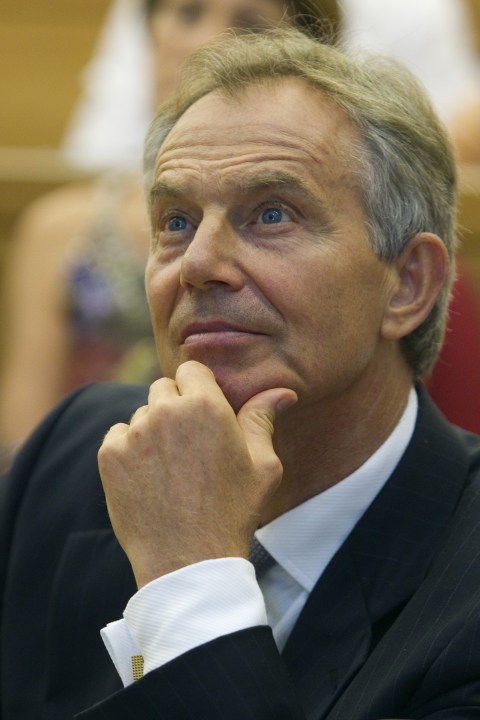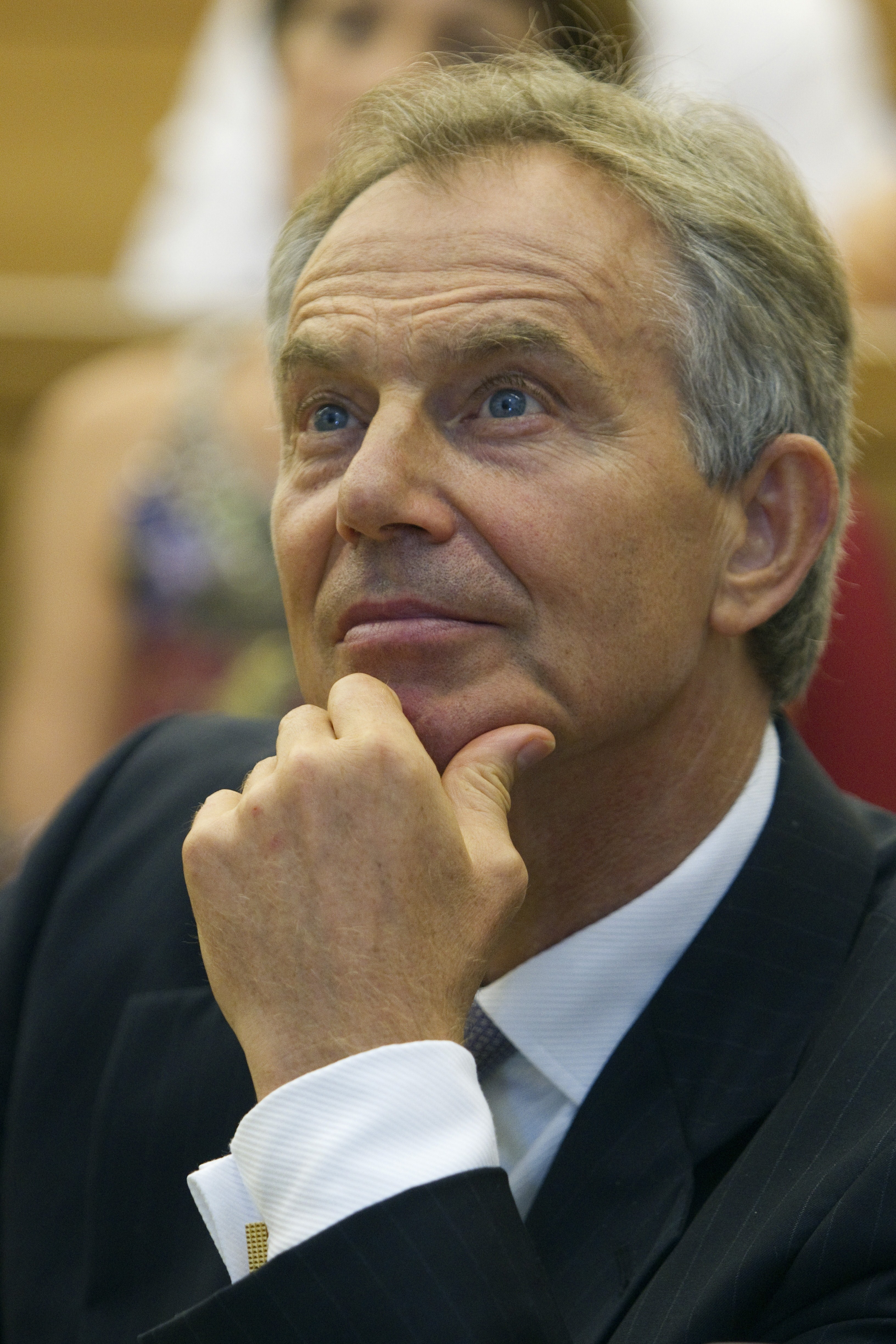 There’s a remarkable self-certainty about what we’ve seen of Tony Blair’s book so far. Sure, there are the fleeting moments of doubt and
insecurity: the drinking that was becoming less a pleasure and more a habit, for instance. But, apart from that, the dominant motif is how His Way was the Right Way. And so, he was right to
keep Brown on as Chancellor. He was, it seems, right to prosecute war in Iraq – even if the WMD intelligence was “mistaken”. And his chapter on Northern Ireland is written up as a
ten-point action plan for future peace processes after future conflicts.
There’s a remarkable self-certainty about what we’ve seen of Tony Blair’s book so far. Sure, there are the fleeting moments of doubt and
insecurity: the drinking that was becoming less a pleasure and more a habit, for instance. But, apart from that, the dominant motif is how His Way was the Right Way. And so, he was right to
keep Brown on as Chancellor. He was, it seems, right to prosecute war in Iraq – even if the WMD intelligence was “mistaken”. And his chapter on Northern Ireland is written up as a
ten-point action plan for future peace processes after future conflicts.
Make no mistake, this isn’t a bad thing in itself. We shouldn’t expect anything different from a politician driven, to an extraordinary degree, by conviction, and writing his own account of a decade in power. But, even considering that, there’s one area where his forthrightness is quite surprising; the deficit.
Towards the end of the book, Blair writes that, “If governments don’t tackle deficits, the bill is footed by taxpayers, who fear that big deficits mean big taxes, both of which reduce confidence, investment and purchasing power.” And he continues: “We should have taken a New Labour way out of the economic crisis: kept direct taxes competitive, had a gradual rise in VAT and other indirect taxes to close the deficit, and used the crisis to push further and faster on reform.” Both passages read like an endorsement of the coalition’s main actions and arguments. It’s little wonder why Blair refers to the current government as a “Tory version of New Labour”.
Of course, you can doubt Blair’s economic judgment – particularly as he describes Brown as someone who was “the best Chancellor for this country”. But it doesn’t harm the coalition
to have the country’s most prominent Labour figure back their stance on the public finances. And it needn’t harm Labour either. This brand of hardheadedness has been almost taboo during their
leadership contest (although, it must be said, David Miliband has steered closest to it). If Blair’s book achieves anything, then it might be to inject some realism into his party’s
bloodstream.
UPDATE: Some more extracts that should please the Tories:
“The fact that anxiety over the economy has shifted from banking practices to sovereign debt should illustrate how foolish it is to ignore government and state responsibility for what happened.”
“The economic crisis should have been (and indeed still can be) the moment when, instead of lazily succumbing to the idea that more state spending dressed up as fiscal stimulus is the sole answer, we took the opportunity to accelerate and sharpen reform. Getting value for money in services like health care, opening up competition in areas like education, radically altering welfare so that it becomes a genuine safety net for those who need it and a leg up for those who can an should stand on their own feet, and at every point questioning, reassessing, changing, not so as to abandon social solidarity but to make it effective in a changed world; that is what we ought to be advocating as progressives and embracing as nations.”







Comments